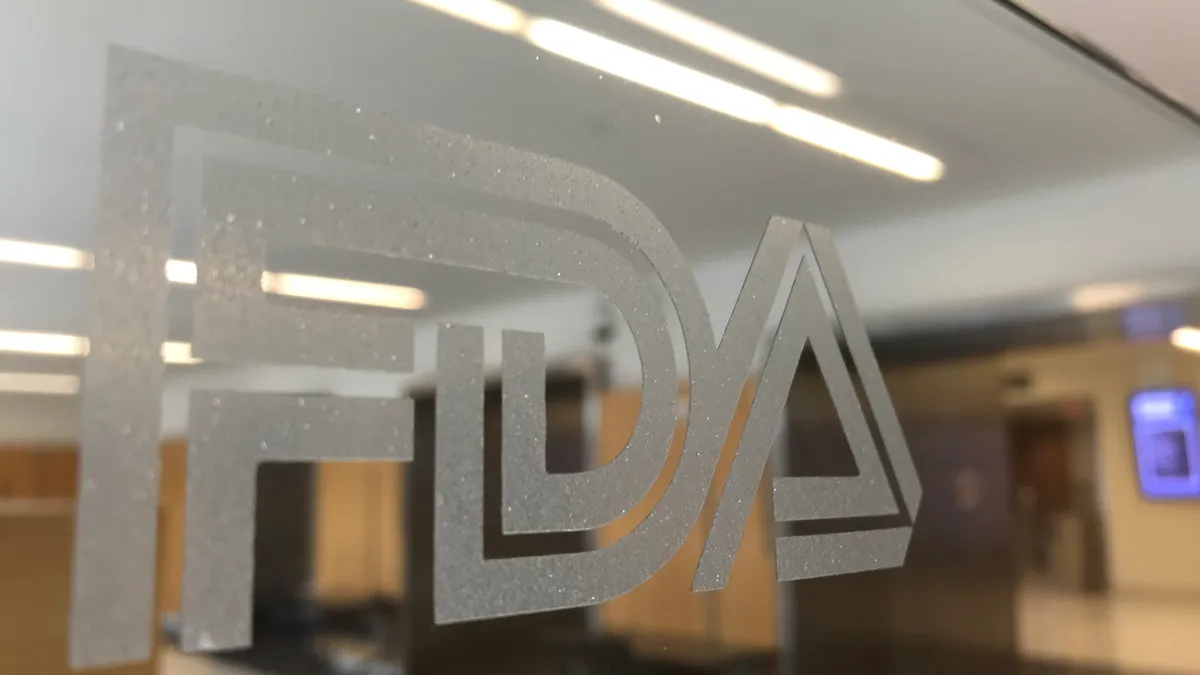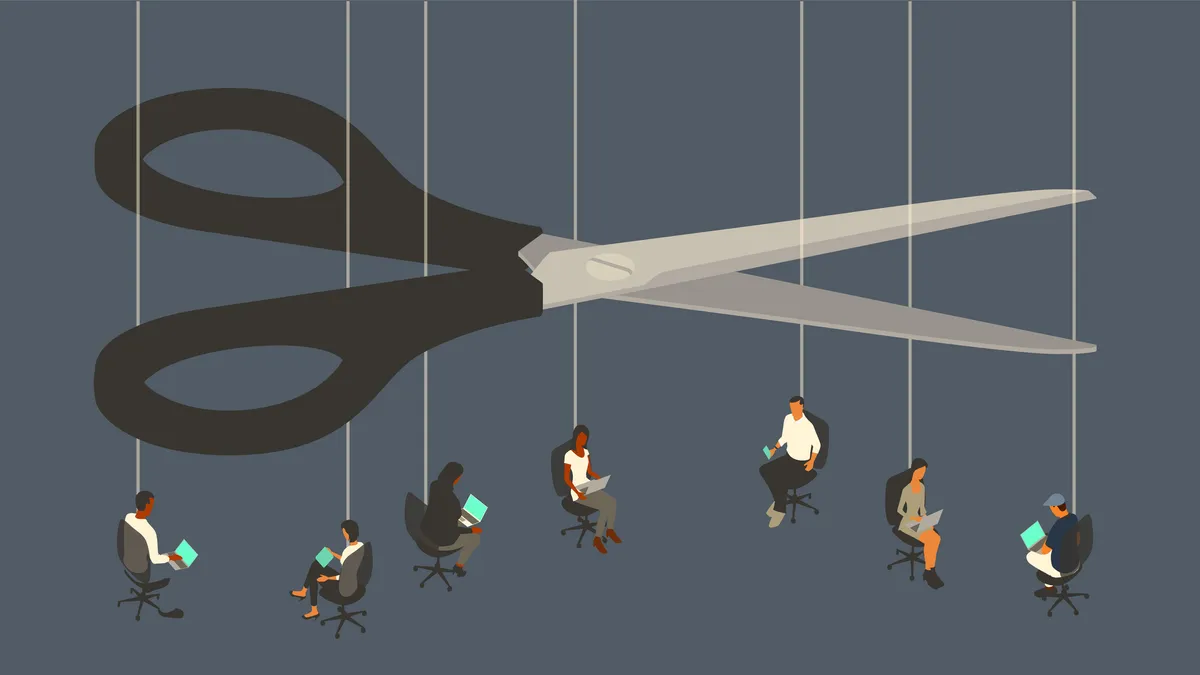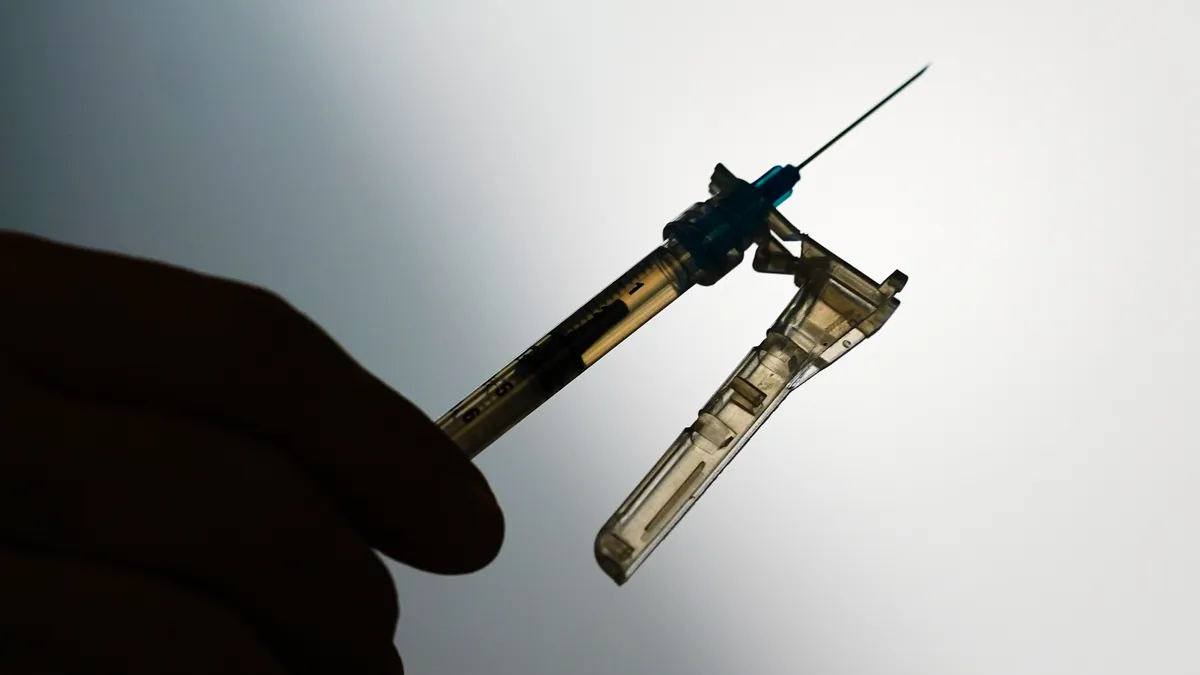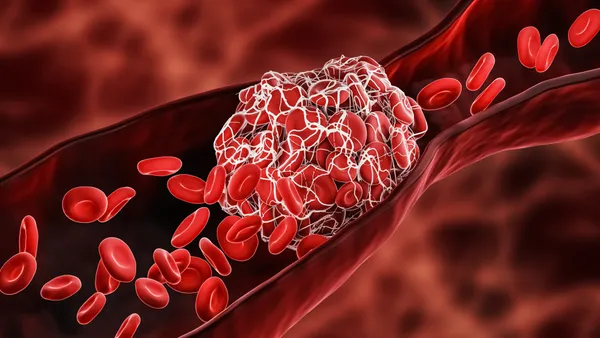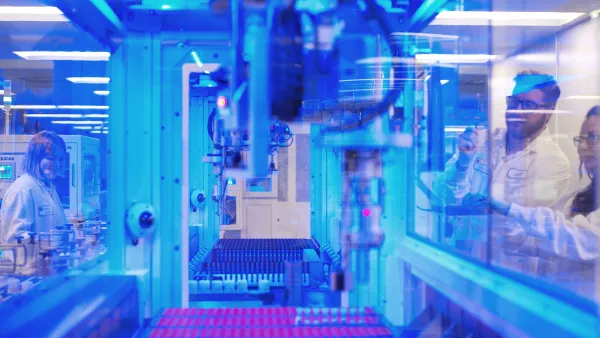Dive Brief:
- FDA said it will allow marketing of the first noninvasive transcranial magnetic stimulation (TMS) device for the treatment of obsessive compulsive disorder (OCD).
- The agency approved the BrainsWay system through the de novo premarket review pathway for new low- to moderate-risk devices.
- It is the second indication granted to Jerusalem, Israel-based BrainsWay for its Deep TMS system, which was cleared in 2013 for treatment-resistant major depressive disorder.
Dive Insight:
TMS is a noninvasive procedure that uses magnetic fields to stimulate nerve cells in the brain. An electromagnetic coil is placed against the patient’s scalp to deliver a magnetic pulse to a targeted region of the brain.
FDA first permitted marketing of TMS as a treatment for major depression in 2008, when it cleared Neuronetics’ NeuroStar device, and expanded its use to include treating pain associated with certain migraine headaches in 2013.
Unlike vagus nerve stimulation or deep brain stimulation — also approved to treat depression — TMS does not require surgery or implantation of electrodes. And unlike electro-convulsive therapy, TMS doesn't cause seizures or require sedation with anesthesia, according to the Mayo Clinic.
OCD is a chronic disorder in which a person has reoccurring thoughts or obsessions, with an uncontrollable urge to repeat behaviors, or compulsions. OCD is typically treated with medication, psychotherapy or both. Although most patients with OCD respond to treatment, some patients continue to have symptoms.
According to the National Institute of Mental Health, about 1% of U.S. adults had OCD in the past year.
Results from a randomized, multi-center study of 100 patients with OCD found that 38% of patients responded to the BrainsWay device, compared with 11% who responded to a sham device, FDA said. The study evaluated the reduction in patients’ Yale-Brown Obsessive Compulsive Scale score, a common metric for measuring the severity of a patient’s OCD.
The most frequent adverse reaction in the study was headache, reported by 37.5% of patients treated with the BrainsWay device and by 35.3% of those who got the sham treatment. No serious adverse reactions were reported. Other reactions, such as pain, spasm or twitching, were reported as either mild or moderate and resolved shortly after treatment, FDA said.
During treatment, the patient must use earplugs to reduce exposure to the loud sounds produced by the device.
“Transcranial magnetic stimulation has shown its potential to help patients suffering from depression and headaches. With today’s marketing authorization, patients with OCD who have not responded to traditional treatments now have another option,” said Carlos Peña, director of the division of neurological and physical medicine devices in FDA’s Center for Devices and Radiological Health.

